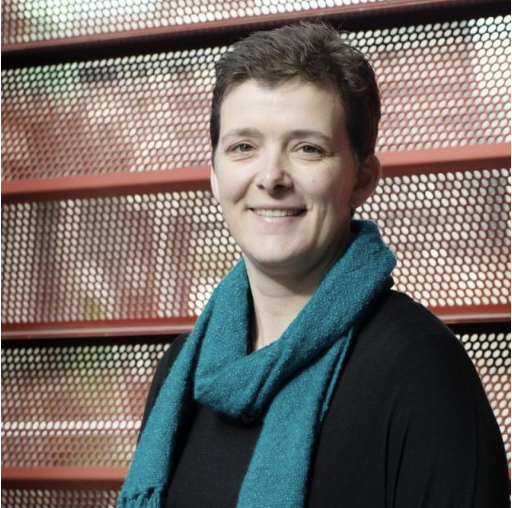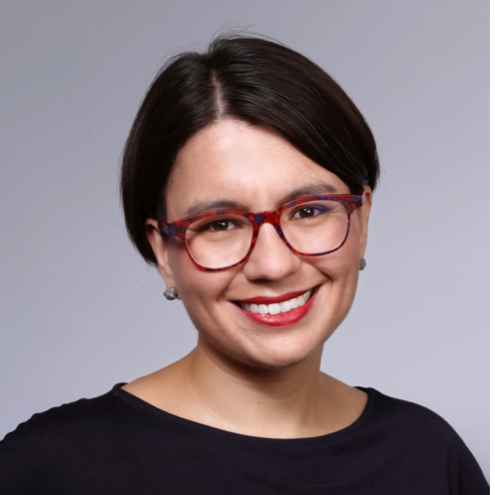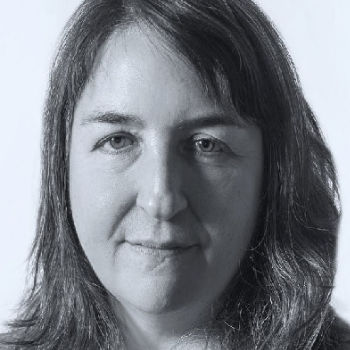
Each year the International Political Economy and Ecology (IPPE) Summer School investigates an issue within the field of international political economy and ecology.
This year, the focus of the course is on the contemporary politics of land – how land is conceived, distributed, organized, governed and more. The course, On Land: property, governance and place in a climate-changed world, is taking place daily until June 10 and is led by its course director, York University Professor Ute Lehrer at the Faculty of Environment and Urban Change (EUC) with guest instructor, Professor Libby Porter, a scholar in planning and urban geography, based at the Centre for Urban Research, RMIT University in Melbourne.
The intensive two-week course critically examines the politics of land in relation to colonization, dispossession, housing, informality, precarity and displacement, land governance and planning, bound up in relations of power intersected by colonialism, capitalism and heteronormativity. More than 20 students participating in the course are domestic and international master’s or PhD candidates in urban planning, geography, environmental studies, political science, anthropology and more.
A public event titled “Precarious Dwelling: What is the Housing Question Under Settler-Colonial Urbanism,” will take place in person on June 8 from 7 to 9 p.m. Aligning with the research and course theme, EUC is collaborating with Shared Path Consultation Initiative to present a conversation between Porter, Heather Dorries, assistant professor jointly appointed to the Department of Geography and Planning and Centre for Indigenous Studies at the University of Toronto; and Lisa Myers, associate professor, EUC.



The speakers will talk about their situated experiences with, “deepening debt, growing insecurity and displacement from home and livelihood” that are “dimensions of the ‘crisis ordinary’ being experienced by increasing numbers of people.” The event starts with Porter’s work on the unceded lands of the Kulin Nation in Melbourne, where “precarities of dwelling have been the founding, constitutive feature of contemporary urban life,” and these remarks will be complemented by the insights of Dorries and Myers through their respective works.
The speakers will raise questions about the links between contemporary housing injustice and “terra nullius” (the “land of no one”) that has informed the people-place relationship since invasion. Drawing on a conceptualization of dwelling as “becoming home,” this public event will examine ways of thinking about and methodologically attending to precarity of dwelling in the contemporary settler-colonial city, where the injury of displacement is a constitutive feature of the urban process.
This free event is welcome to all York community members. To register, visit the Shared Path Consultation Initiative website.
Since 1991, the IPEE Summer School has offered a course each year on an important issue within the IPEE field. Every year an internationally renowned scholar in the field is invited as the course instructor. The course offering is sponsored by EUC and the Department of Politics.
For more information about the IPEE Summer School, visit York’s Graduate Program in Political Science webpage.
